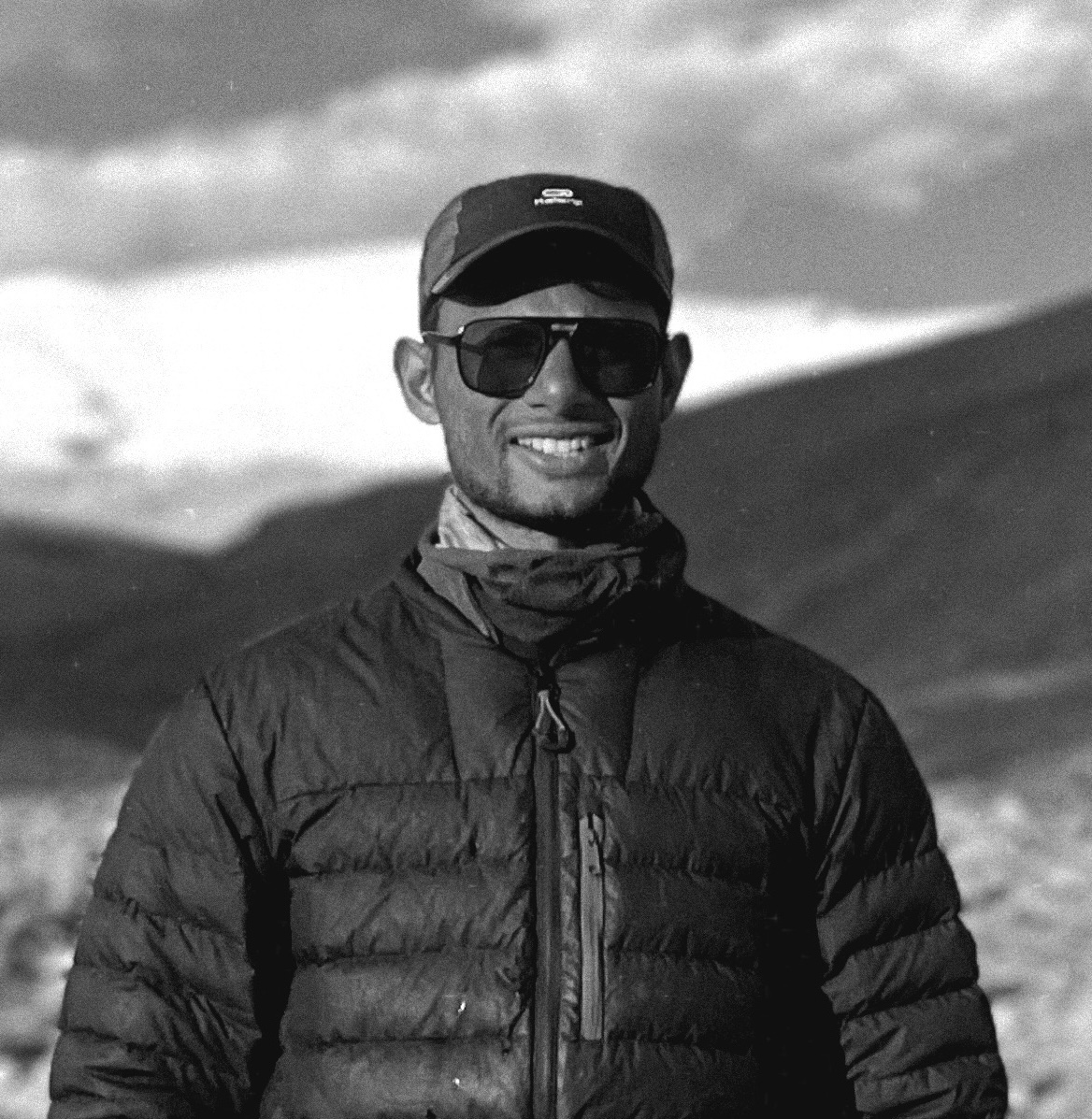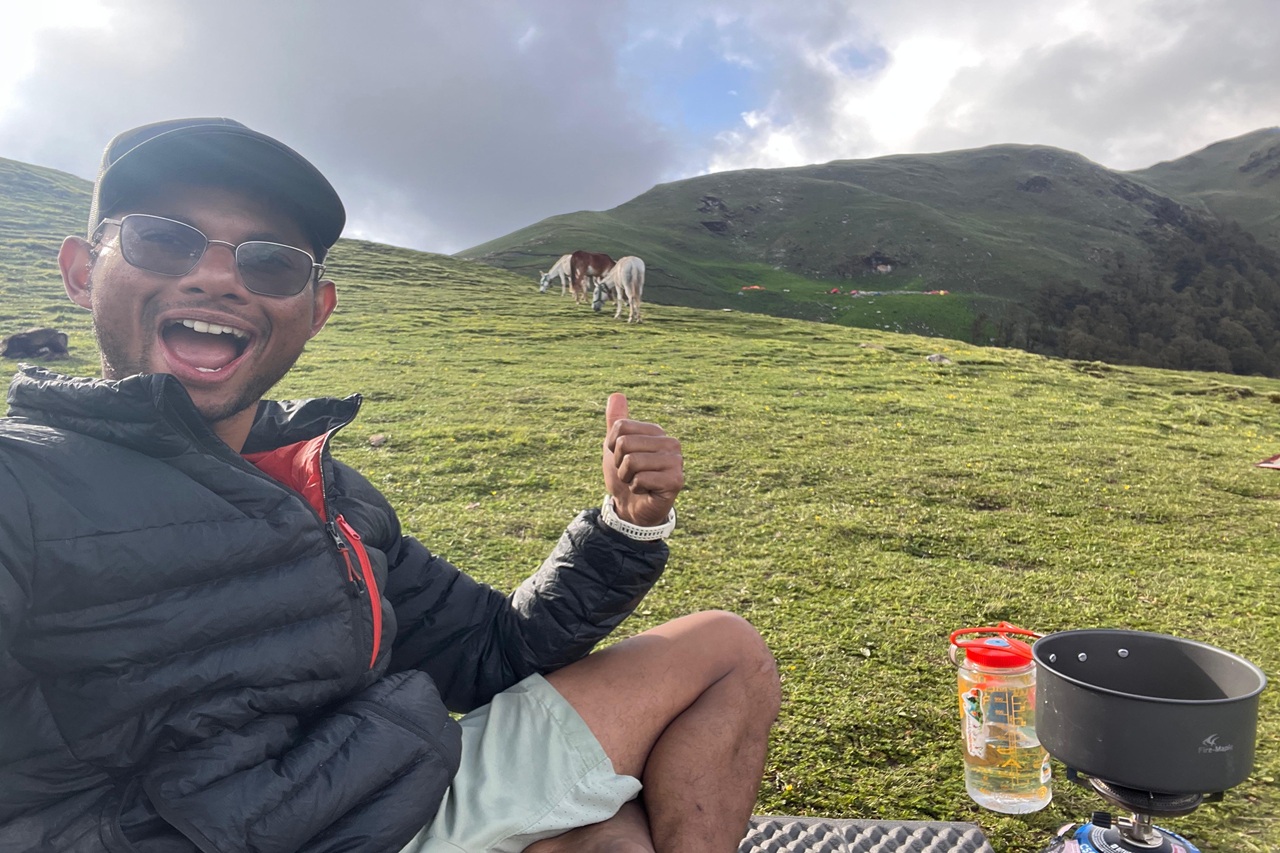A couple of months back, I did my BMC (still kinda regret it). Fourteen days in the mountains, and I managed it all in a 45L backpack. Some fellow students looked at me with envy. The instructors? Not so much. One of them joked, “Upar suffer karoge toh bolna mat” (don’t cry up there if you suffer).
I kept it low-key. I even had my big mountaineering boots tucked in there.
Did I suffer?
Not at all. In fact, I had the best time. I even came second in the 8km endurance run—with my backpack on. All thanks to light packing.
Now, this isn’t to flex (maybe a little), but to share something that made a huge difference. I’ve always believed in packing light—not because I can, but because it has its perks
Why Going Light Makes Sense (Beyond Just the Weight)
- You carry just what you need. Every piece of gear has a purpose. You become aware and intentional.
- You’re nimble. You move faster, respond better, and help your team when it matters most—be it an emergency, evacuation, or just setting up camp in bad weather.
- Most importantly, your mind is lighter too. With less physical baggage, you have better headspace to think clearly, make decisions, and soak in the wilderness without constantly adjusting straps or nursing sore shoulders.
It's About Mindset First
If you’ve ever truly asked yourself, “Why am I hiking?”—you’ll know what we mean.
Is it to wear a new outfit each day and get pretty campsite photos?
Or to marvel at how nature changes its mood, light, color, and terrain every few hours—all while wearing the same base layer?
When your objective is clear, your choices follow. You start planning better. Prioritizing function over fashion. Experience over excess.
Going light is more than a packing strategy—it’s a philosophy of less but better.
The "What Ifs" Are Real, But Can Be Handled Smartly
We all think about what could go wrong. And we should.
What if someone gets injured?
Maybe that extra fleece could work as a splint and help keep someone warm.
What if my pant tears?
Do I carry a spare? Or just a needle and thread? (Actually, the latter is a must—small, light, and a game changer.)
What if I feel cold?
Learn proper layering. Fuel your body well. Practice hypothermia drills.
See what I did there?
You start replacing “more stuff” with “more knowledge.”
You don’t need a bigger backpack, you need better skills.
That’s the shift.
Final Thoughts
Going light is a skill. But first, it’s a decision.
It starts with asking the right questions.
Then choosing gear that solves problems, not adds to them.
And finally, it’s about trusting yourself enough to know that you can handle things—not just your backpack.
 Nithyam Nachappa
Nithyam Nachappa
